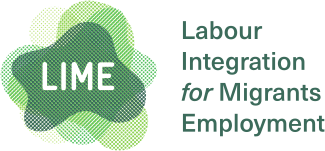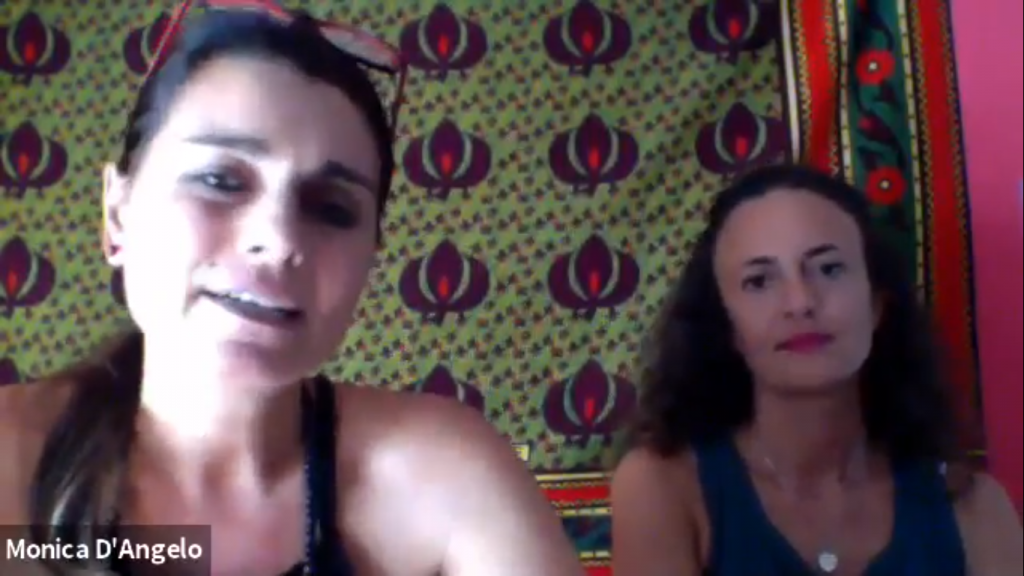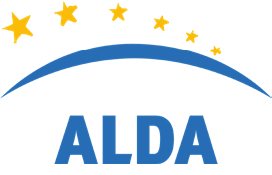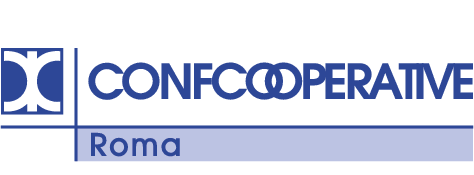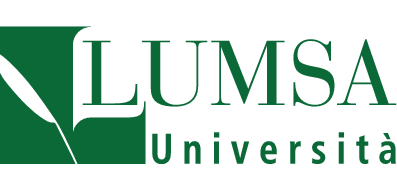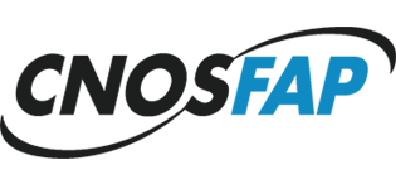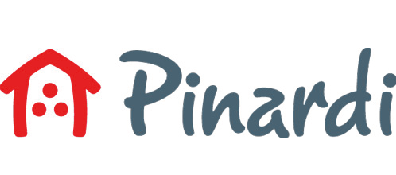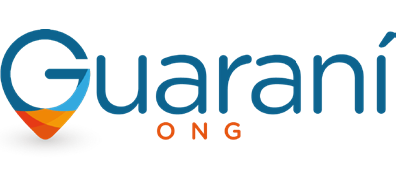By orienting them and giving the LIME project participants all the tools to become autonomous in facing the challenges of the outside world, Monica and Margherita work with great dedication and competence in the elaboration of processes for the integration of migrants in the labour market. However, their daily commitment takes place within the framework of a greater reasoning on the ultimate goal of the LIME project and the meaning of their interventions.
The ALDA team had a long conversation with them, full of deep reflections on their work. We hope that this article will do justice to the complexity of the topic.
Could you introduce us to CIES and your role in the LIME project?
CIES is an organisation that carries out multiple activities in various fields, mainly intercultural mediation, international cooperation, global citizenship education and youth gathering centre. Monica and Margherita are two of the people who created the Training and Work Orientation Space (SOFeL) five years ago. They are both keen to underline the sense of having called it “Space” precisely because they wanted it to be a point to create the widest possible process towards the inclusion (social, cultural, work, etc.) of a person and a place where he or she can grow and mature. They both like to talk about inclusion and not integration to highlight the need to make the outside world as democratic and accessible to all, through the common creation of rules. The word inclusion highlights this bilateral process that must be created between those who are there and those who arrive in the creation of a new shared space.
Margherita, being an expert in the world of labour and active policies, within LIME she is in charge of company scouting and coaching of participants in the phases of preparation for the inexertion in the labour market. Monica, on the other hand, coming from a path of cooperation in countries in conflict, deals with specific orientation actions and mapping of personal skills trying to bring as a key element the importance of building autonomy in the participant. Both work with an integrated approach, cooperating with all other tutors and stakeholders in order to create inclusion paths having a complete picture of the migrant.
How is the communication with the project participants? What were the main difficulties in creating a relationship with them and how did you manage to overcome them?
Monica explained us how the peculiar Italian political context heavily influenced the interaction with the participants at the start of the LIME project. In fact, the legal change brought by the Security Decrees to all aspects of migration and reception policies has created in migrants a lot of anxiety and fear and an urgency to find a job in the shortest possible time in order to have the security to stay. However, the LIME project could not respond to this urgency precisely because it includes a long training phase that could only later lead to external integration in the labour market. “The most difficult challenge was to make the participants understand the need for this time and make them find a sense of the training period despite the urgent need they felt”, explained Margherita. Furthermore, this had to be accompanied by the “deconstruction of a number of participants’ beliefs that their physic workforce was sufficient to find employment and make them understand that knowledge of the language and qualification is important”.
Monica also told us that in order to create a relationship of trust with the participants it is essential “to make them understand that the work is all done together, there is no “us” and “you”, the project belongs to everyone and it is essential that everyone shares its meaning”. Margherita also added that to create trust the important thing is “to be sincere, not to give perspectives that cannot be used, and to be there, even through a message or a phone call. Often we become points of reference even on issues that are not within our competence, but it is important to create a human relationship”.
How was the project perceived by the participants and how did the lockdown affect its progress and the phases of work you are now in?
It is normal that many projects have a vertical system of activities raining down on the participants. “The key lies in the process, in finding meaning to what you are doing and making them places of growth and empowerment“, Margherita told us. The example came during the lockdown when the biggest challenge was not to lose them and not to interrupt the work. Therefore, two weekly group meetings on zoom were conceived, through which they continued to promote the knowledge of some useful contents in the immediate future, such as what were the possibilities of access to income support interventions. The surprise for Monica and Margherita was to see the type of participation of the participants even when the meetings were free themed. “The thing that moved me most was that some of them took charge of their part of the project and became facilitators of the discussions, exchanging important information. When we slowed down the pace of these meetings we received many requests to continue to do them”, Margherita confessed to us.
For Monica, on the other hand, the most interesting thing to observe was that the lockdown made all the migrants much more pro-active in using the knowledge they provided them to become autonomous in doing certain activities. “What has changed is precisely the perception of our usefulness. When they started to become aware of the usefulness of what they were doing they started to be much more enterprising“. Monica, who also follows the participants who have undertaken the self-entrepreneurship path, told us that she conducted individual interviews with the various participants to help them develop the widest and most detailed narrative of their skills so as not to condemn them to invisibility.
Monica and Margherita’s work is carried out exclusively in Italian, because they want to be as realistic as possible about the conditions that the participants will find in the job market. In spite of this, in addition to the actual level of language, they always try to evaluate the possibilities of growth and the communicative potential of each one. At the moment, both of them are carrying out company scouting and coaching. With Covid the integration of participants in internships has been slowed down a lot due to the crisis that many companies have had to face. Despite this, Monica and Margherita were able to get as many as 7 internships started, allowing them to send an important message to the participants: “despite all the difficulties, we have also done our part consistently to help you”.
Monica also told us that, in the face of these difficulties that the covid brought, it was also very important that they felt free to move within the LIME project with creativity and without being locked into rigid schemes, allowing them to adapt the paths of integration into the world of work also to the passions of the participants and not only to the need for immediate work.
Are you satisfied with the first part of the project? What could you suggest to the other LIME partners to improve it?
In the face of the many complicated moments, especially in communication with the project’s target audience, Margherita tells us that her greatest satisfaction was that she teamed up with her colleagues and received feedback on the effectiveness of her work which she sometimes has no perception of.
Both reflected on the fact that the LIME project is pioneering because it has an approach not only on activities but on the “governance” of a wider process. “What is interesting is the overcoming of the formal network concept, but the work towards the creation of a common and structural approach to the issue of migrants’ work. This is what should be valued more than LIME: its ability to lay the foundations of this new system”, they told us.
Monica and Margherita then told about how sometimes their work on the ground risks to remain a bit separated from the rest of the project and, beyond the moments of comparison of the capacity building workshops, they would like there to be also moments of comparison between people, of the various partners, working in the field, just to be able to evaluate together the effectiveness of their actions.
We sincerely thank Monica and Margherita for sharing with us reflections that will certainly help the project to mature.
#LIMEstories




